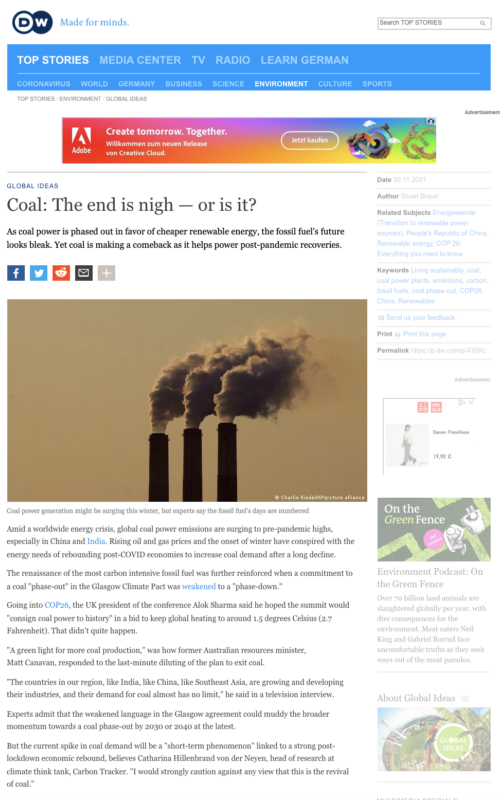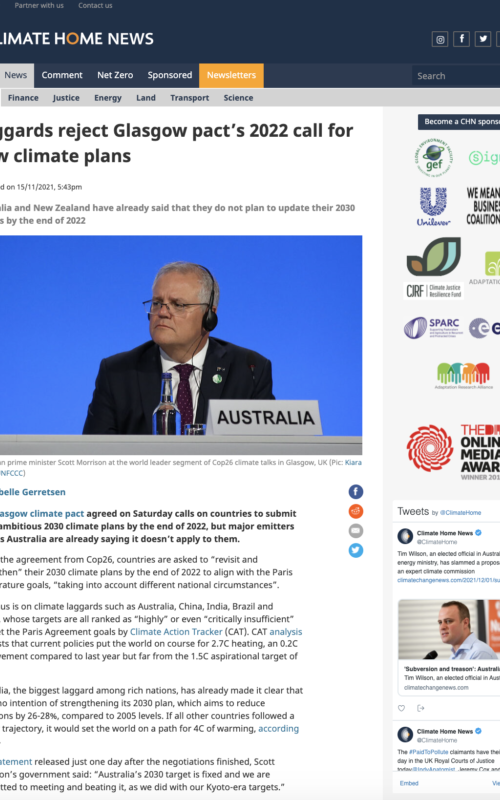Media coverage
Share

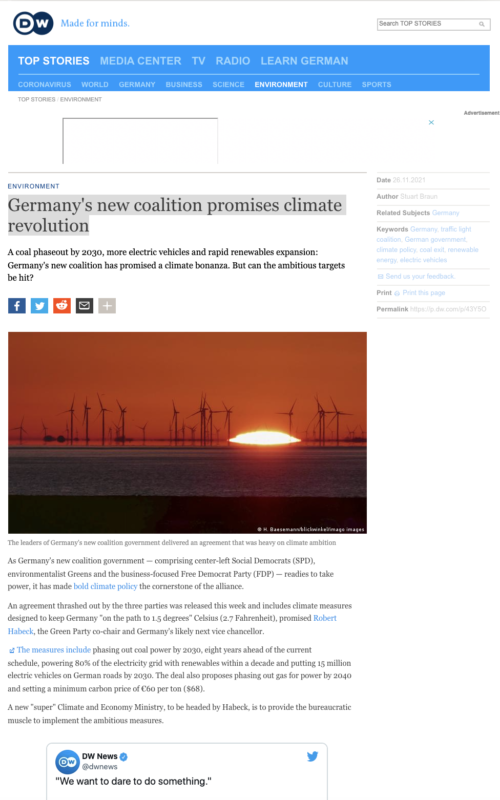
Deborah Ramalope comments on the incoming German coalition government's proposed climate policies.
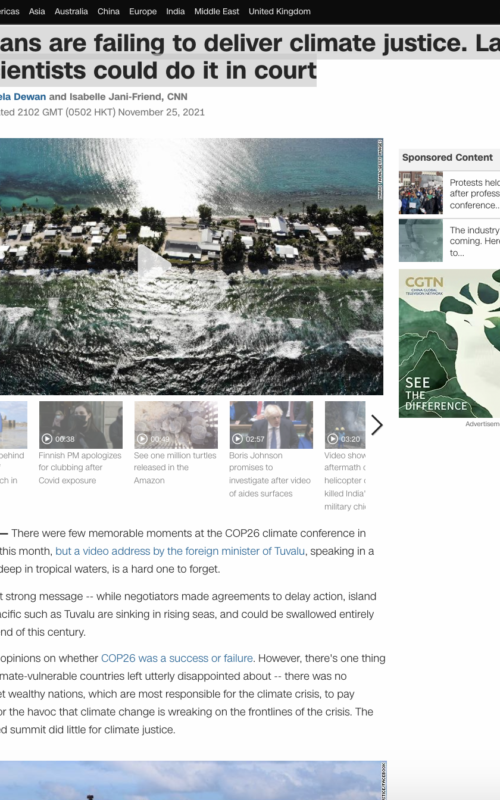
Bill Hare comments on how climate science, specifically IPCC reports, are being recognised in climate litigation cases and law.
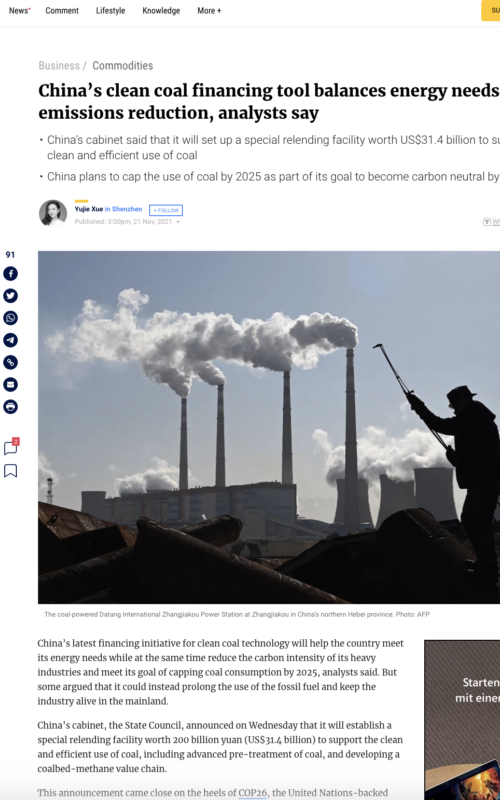
Bill Hare comments on China's proposed lending facility to support the use of clean coal.
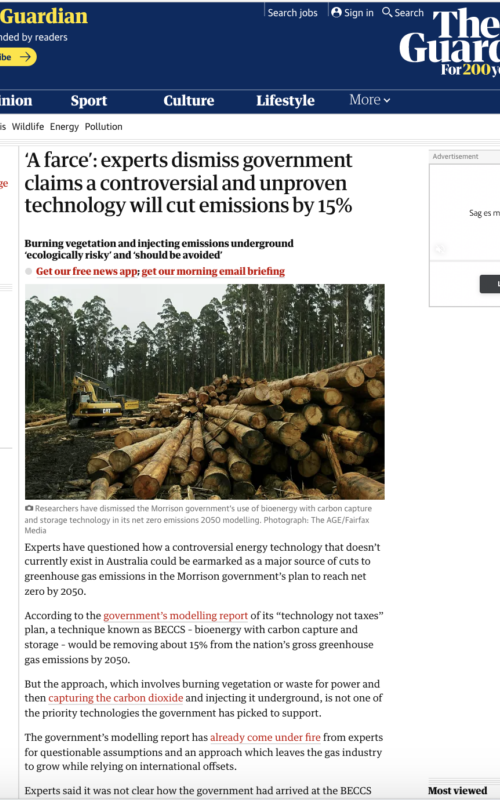
Bill Hare speaks to the Guardian about bioenergy, carbon capture and storage, saying it is likely to work, but hasn't yet been proven at scale.
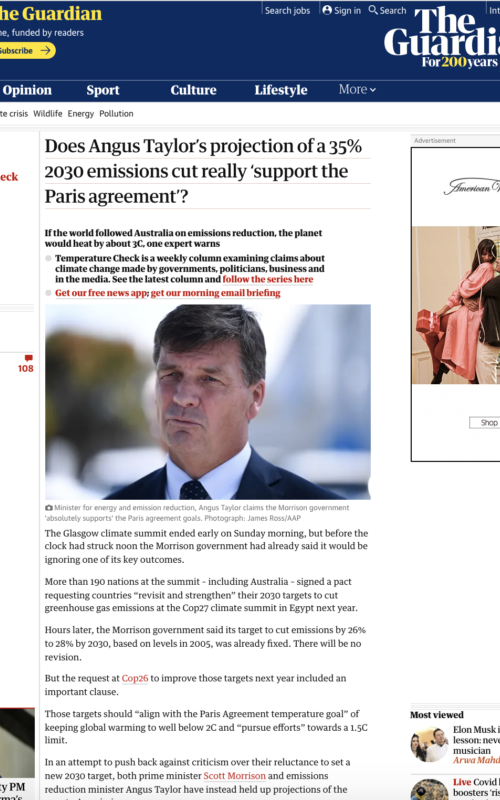
Bill Hare pours cold water on the idea that Australia's climate targets are aligned with the Paris Agreement.
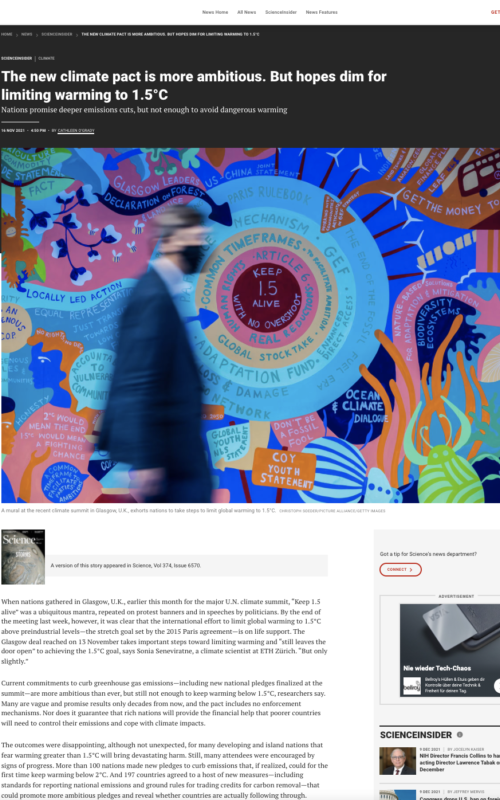
Rueanna Haynes comments on the direction of travel for COPs as governments shift to implementing the Paris Agreement.
